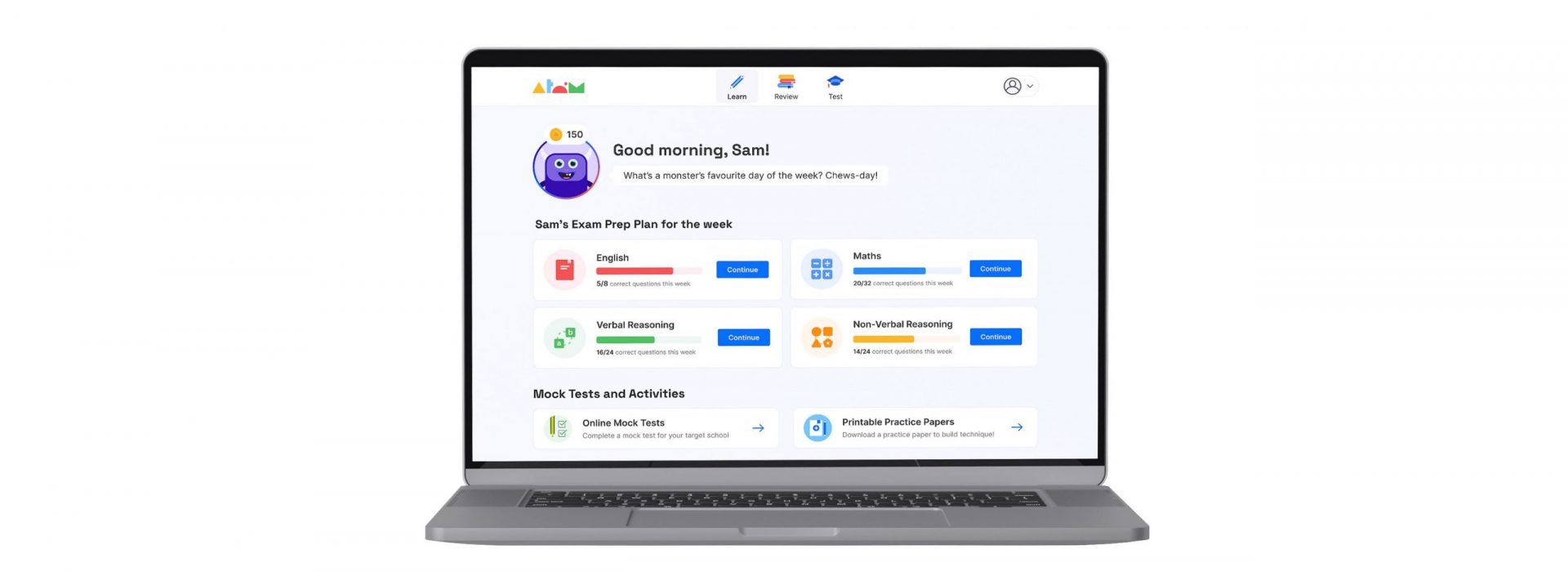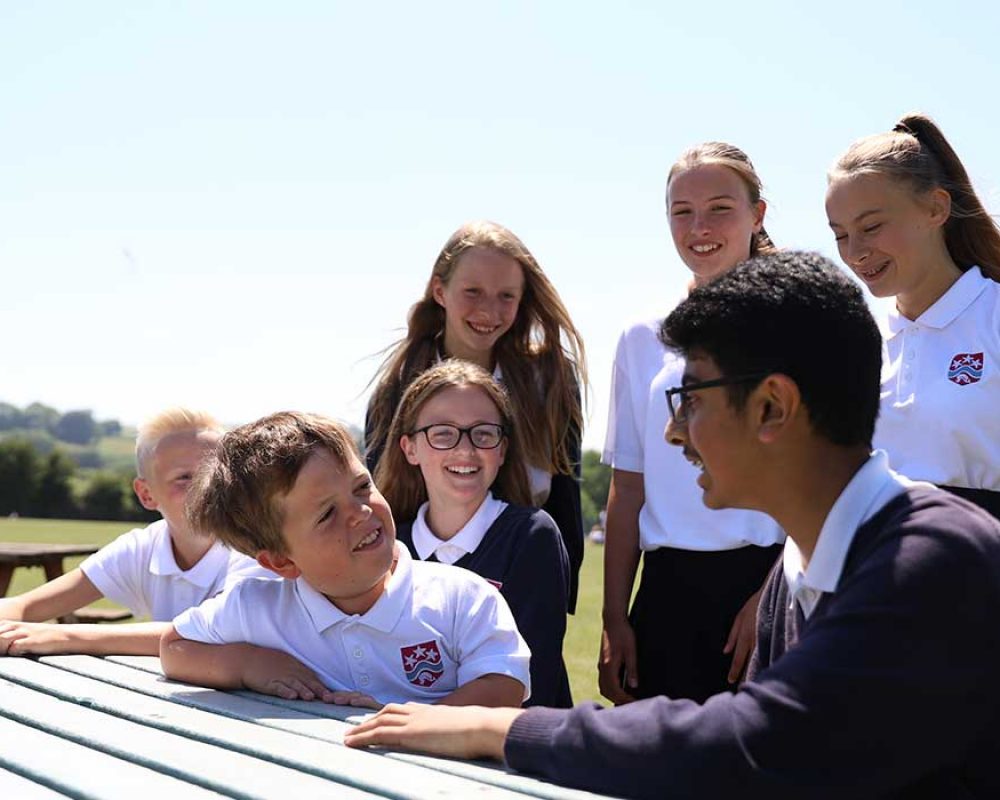Massive Online Open Courses
Do you want to:
- Study more independently?
- Develop your understanding and knowledge?
- Research your Extended Project topic or coursework?
- Find out about a subject new to you?
- Prepare for a university course?
- Simply learn about something different, such as writing fiction or how to build an app?
You can do all of these by using a MOOC – a Massive Open Online Course (it’s the class sizes that are massive, not necessarily the content). Most MOOCs are free online and provided by universities. They vary in length from a few weeks to several months or even a year or two. Here are just a few examples of the kind of thing you can study:
- Preparing for Uni (University of East Anglia) – This course will help you develop the key skills you need for a smooth transition to University.
- Begin Programming: build your first mobile game (University of Reading)
- Learn basic Java programming by developing a simple mobile game that you can run on your computer, Android phone, or tablet.
- Start Writing Fiction (The Open University) – This hands-on course helps you get started with your own fiction writing, focusing on the central skill of creating characters
- The Mind is Flat: the shocking shallowness of human psychology (University of Warwick) – Make better personal and professional decisions and consider the psychological dimension to key ethical and political choices.
- A Beginner’s Guide to Writing in English for University Study (University of Reading) – Learn how to use English for study at university or college, and develop your writing skills, vocabulary and grammar.
- Shakespeare and his World (University of Warwick) – Together with the Shakespeare Birthplace Trust, Professor Jonathan Bate explores Shakespeare, his works and the world he lived in.
- Basic Science: understanding experiments (The Open University) – This hands-on course introduces you to science-based skills through simple and exciting physics, chemistry and biology experiments.
- Psychology and Mental Health: Beyond nature and nurture (University of Liverpool) – How a psychological understanding of our emotions and behaviour can give us new ways to improve mental health and well-being.
- The Science of Medicines (Monash University) – Learn the science behind how and why medicines work, and what can improve the patient treatment experience.
- Inside Cancer: how genes influence cancer development (University of Bath) – An ideal introduction if you’re interested in understanding how genetics influences the development and spread of cancer.
MOOC providers
Here are a few MOOC providers to check out, but also look at individual universities – they all offer MOOCs, and you may well find one in the same subject you’re considering studying at university or college.
OpenLearn: This is a great place to get an idea of what to expect from university study, with over 700 free courses on a range of subjects. There are three levels of course: Introductory, Intermediate and Advanced. The number of hours required vary significantly, so check them out.
FutureLearn: This provides free courses from highly regarded universities. They can help you bridge the ‘learning gap’ and give you a taste of what your chosen uni course might be like. Choose from Science & Technology to Arts & Humanities, from Body & Mind to Business & Management. There’s a useful course on preparing for university, too.
Coursera: These free courses from top universities and organisations require considerable commitment. Most are very specific but there are also introductory courses e.g. ‘Introduction to Engineering Mechanics’. Most have start dates but there are a few on-demand courses. Look at the ‘Our Approach’ section; many courses include peer assessment. Watch short video lectures, take interactive quizzes, complete peer graded assessments, and connect with classmates and teachers. Predominantly US.
TED Talks: These are free, short, powerful talks (18 minutes or less). TED began in 1984 as a conference where Technology, Entertainment and Design converged, and today covers almost all topics — from science to business to global issues — in more than 100 languages. Meanwhile, independently run TEDx events help share ideas in communities around the world.
Khan Academy: On these courses, you can learn free at your own pace through hundreds of videos, interactive challenges and assessments. Mainly maths and sciences but also humanities, arts and economics.
Udacity: Tech courses that you have to pay for – developed and taught by experts at leading tech companies in the USA: data science, web development, mobile development, software engineering, or cloud computing. They are demanding. You get a teacher/mentor.
The Open University: Excellent science short courses of 80-100 hours, with interactive study materials for £150. Topics include microbes, science of sport, plants & people, nuclear energy, our frozen planet, galaxies & stars, living without oil, medicines & drugs, human genetics & health, the weather.
Rutherford Physics Partnership: This teaches physics and maths skills to students free, through the AS and A2 years to the start of university. It develops skills through interesting and challenging questions, with associated concept sheets, graded hints and hint videos. For the extra-keen, there are challenge questions and themed sets of questions.


